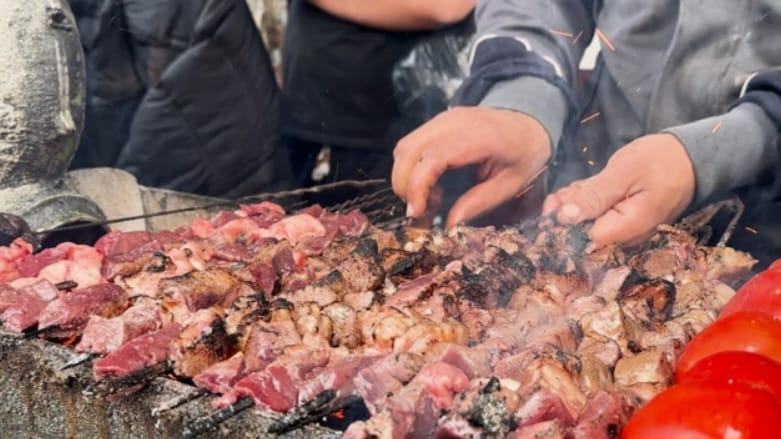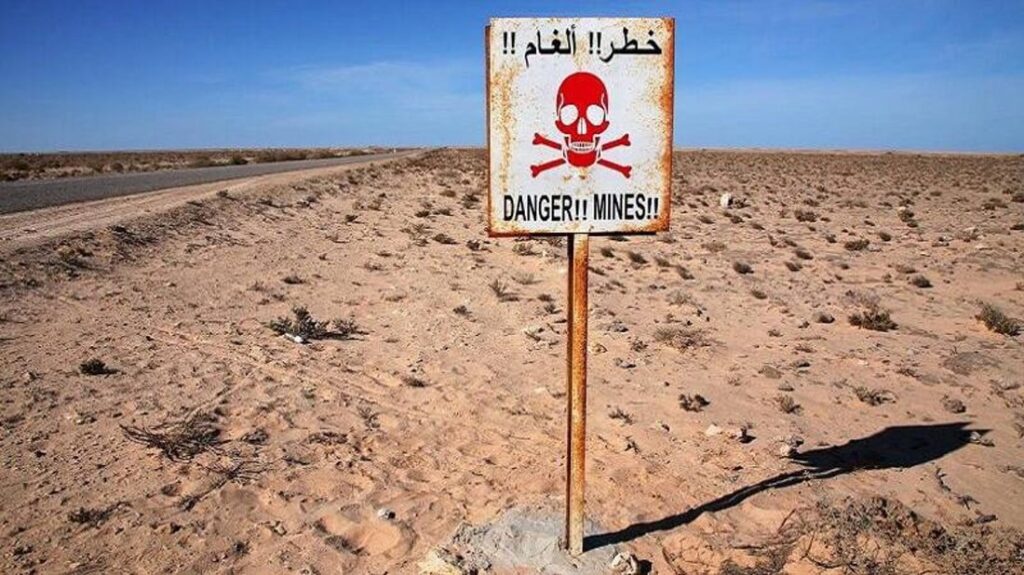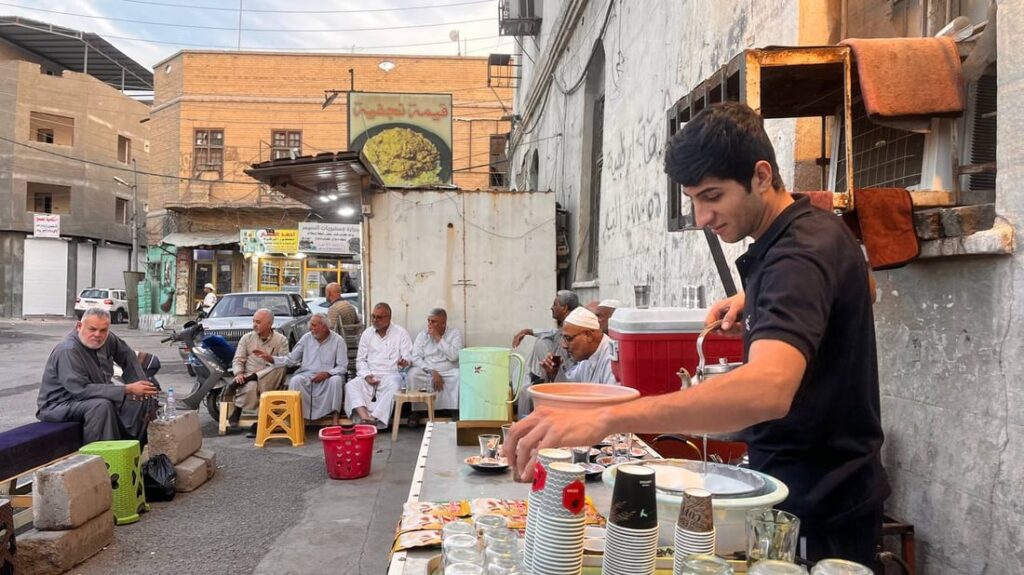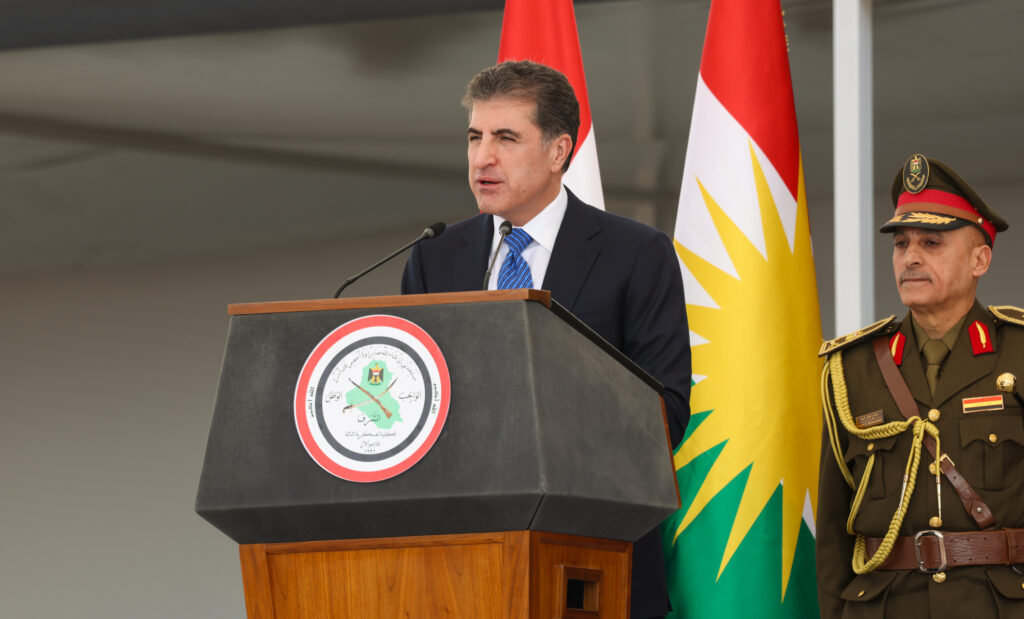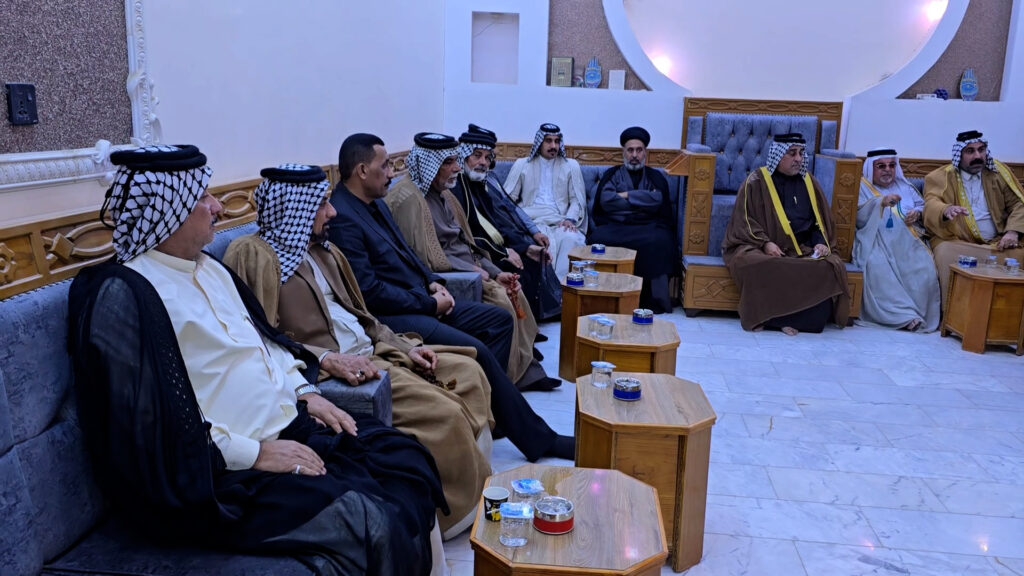FAO Iraq, in close cooperation with the Ministry of Agriculture, has distributed high-quality fodder seeds to selected farmers to improve livestock productivity and animal nutrition in Nineveh Governorate [EN/AR]
![FAO Iraq, in close cooperation with the Ministry of Agriculture, has distributed high-quality fodder seeds to selected farmers to improve livestock productivity and animal nutrition in Nineveh Governorate [EN/AR]](https://english.hathalyoum.net/images/breakingnews.png)
Mosul 26 November 2020: FAO Iraq started its fodder seeds distribution for the first batch of livestock farmers' benefit of its EU-funded FAO project entitled: "Support of agricultural livelihoods of rural and peri-urban returnees and communities in Nineveh Governorate, Iraq”.
The distribution was conducted in the presence of Engineer Fahd Ali, the Associate Director of Agriculture of Nineveh, the Director of the Department of Livestock, FAO's Project Representative in Nineveh, and a number of livestock farmers.
Engineer Fahd Ali explained that the distribution of high-quality animal fodder seeds to 500 livestock farmers from the governorate would allow for the planting of 1000 dunoms of dedicated fodder crops, which nutritionally are of high quality that will improve the productivity of animal production. It is worth indicating that Nineveh governorate plays an important role in sheep farming for the domestic market and export.
FAO aims to improve various aspects of the whole livestock value chain; the project will undertake several interventions in the livestock sector by addressing milk hygiene, storage, fattening, and dairy processing through training sessions offered to livestock farmers, milk producers and equipping them with the necessary equipment. The beneficiaries have been selected based on a field survey carried out by FAO in cooperation with the Ministry's staff earlier in the year.
Dr. Salah Elhajj Hassan, FAO Representative in Iraq, wished to thank the EU for their generous support to help develop the agri-food sector in Iraq as well as the excellent cooperation received from the national and local authorities.
Dr. Chedly Kayouli, FAO livestock expert in charge of this project's activities, said that he was delighted to see the seeds' distribution on time before the planting season's arrival. He hoped this would also make a change possible for farmers to grow more livestock fodder crops, as there is clear demand for nutritious feed for animals.
For more information, please contact:
Dr. Salah ElHajj Hassan, FAO Representative,
salah.elhajjhassan@fao.org
Mr. Mowaffaq Al-Refai
+9647801627585
E-mail: mowaffaq.alrefai@fao.org

